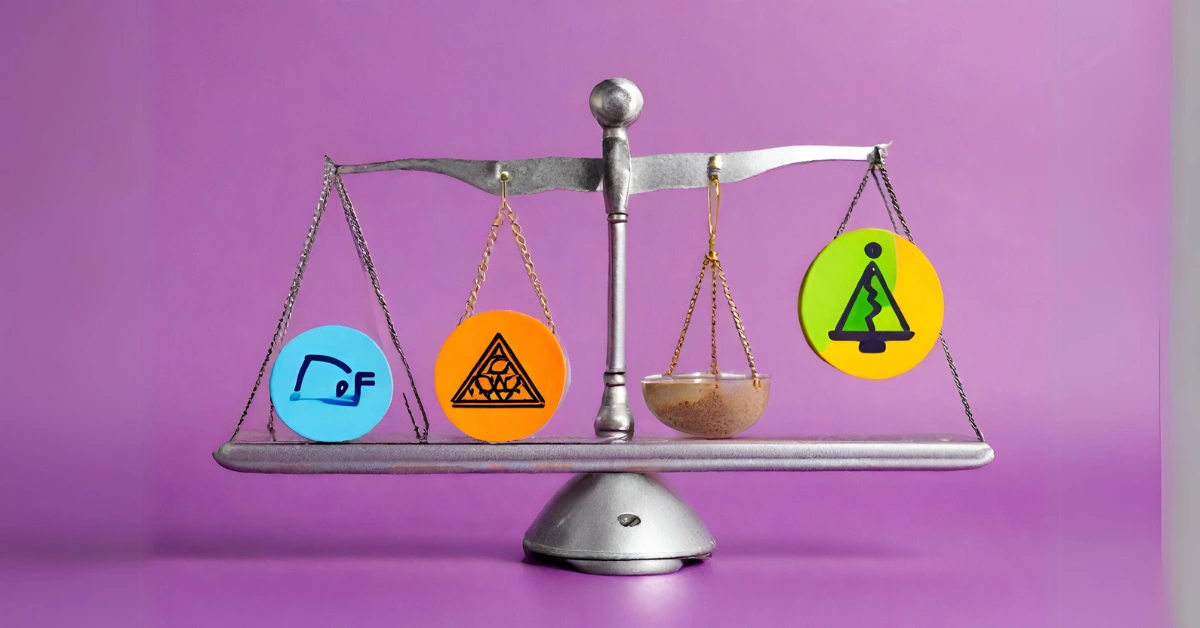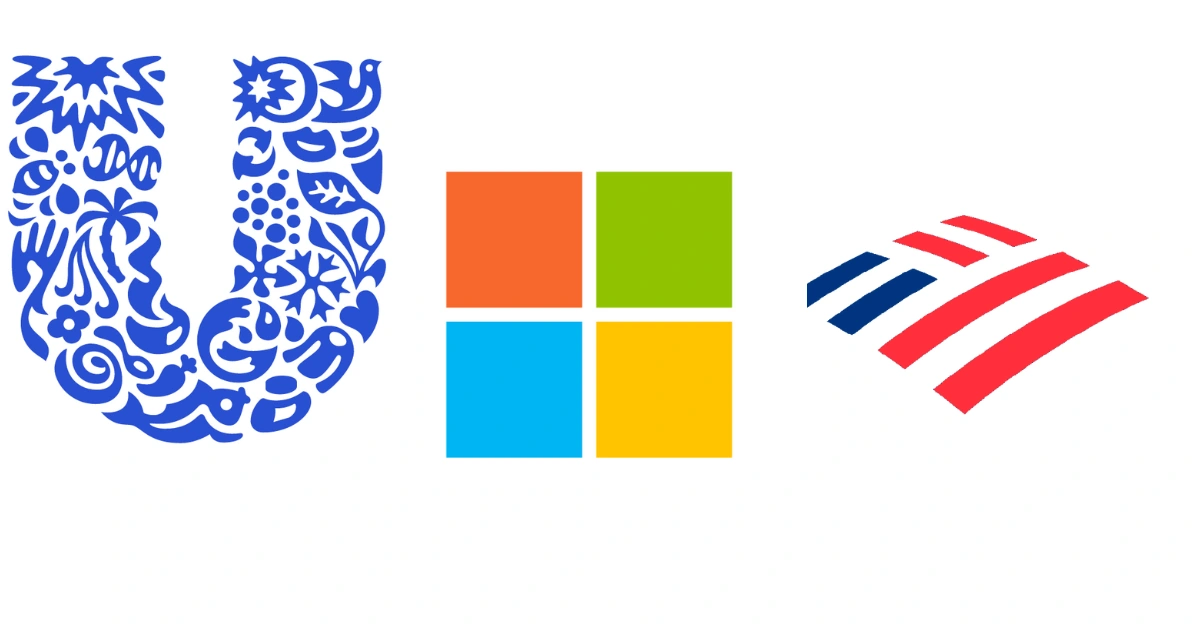The Rise of ESG Investing: Shaping the Future of Responsible We…

ESG stands for Environmental, Social, and Governance investing. It’s a way of putting money into companies that care about things like clean energy, fair worker treatment, and honest leadership.
This idea isn’t new, but it’s getting a lot more popular these days. In fact, it started getting attention way back in the 1960s, but has become a big deal recently because more people want to support good causes with their money.
Why is ESG investing catching on? One big reason is that it offers a chance to do well by doing good. A study from the US SIF: The Sustainable Investment Forum showed that in the US alone, people put $17 trillion into ESG investments in 2020. That’s a huge jump of 42% from two years earlier!
This shows that more and more people are choosing to invest in a way that matches their values, like helping the environment, supporting social fairness, or promoting honest company management.

The Driving Forces Behind ESG Investment
The popularity of ESG investing is growing fast. Let’s look at the main reasons why this is happening.
Increased Awareness and Concern for Environmental Issues
People are becoming more worried about the environment. Climate change is a big problem, and it affects businesses too.
A study by the Carbon Disclosure Project shows that companies face more challenges and lose more money because of climate problems. Also, governments are making new rules to protect the environment. Investors see that companies caring for the environment are less likely to face problems with these new rules.
Social Responsibility and Ethical Governance
Being socially responsible is becoming very important for businesses. People prefer to buy from companies that care about society. A report from Nielsen shows that 66% of people worldwide are ready to pay more for products from companies that do good for society.
Besides, being ethical in business is not just about staying out of trouble. It’s about earning trust. A study called the Edelman Trust Barometer shows that investors are more likely to trust companies that behave ethically.
Financial Performance and Resilience
Investing in ESG is not just about doing the right thing—it also makes good financial sense. A study from the Harvard Business School shows that companies that follow ESG practices do better financially in the long run. They are better at keeping their money safe during hard economic times, which means a steadier return on investment for those who invest in them.

ESG Evaluation and Reporting
In ESG investing, it’s important to know how well companies are doing in terms of environmental, social, and governance practices. This is where ESG evaluation and reporting come in. They help investors see which companies are being responsible.
Firstly, there are ESG scoring systems that rate companies on different criteria. For example, they look at how a company treats the environment, its employees, and how honest it is in its business dealings. These scores help paint a clear picture of a company’s responsible behavior.
Now, who checks these scores? Often, it’s outside experts or rating agencies who examine the companies closely. They make sure everything is transparent. There was a study by the Global Initiative for Sustainability Ratings that highlighted how important these check-ups are for keeping companies honest.
One big hurdle though is that there isn’t a single set of rules for reporting these scores. Different groups have different standards, which can make things confusing. However, there’s good work being done to fix this. Groups like the Sustainability Accounting Standards Board (SASB) are trying to create common guidelines for everyone to follow.
As the rules for reporting get better and more uniform, it becomes easier for everyone to see which companies are truly committed to being responsible. With accurate evaluations and clear reporting, ESG investing shines a light on the good practices of companies, encouraging a move towards a more responsible way of doing business.

Companies Leading the ESG Change
In the world of ESG investing, some companies are showing the way by doing business responsibly and still doing well financially.
First, let’s look at Unilever, a big company that makes everyday products. A study from Harvard Business School Digital Initiative talked about Unilever’s plan to cut the environmental harm of its products in half by 2030. This plan is not just good for the earth, but it also helps Unilever come up with new sustainable products that people love.
Next, we move to the tech world with Microsoft. Microsoft has promised to remove more carbon from the atmosphere than it emits by 2030. A report by OECD shows that good rules and management help Microsoft stay true to its ESG goals.
Lastly, let’s talk about Bank of America in the finance sector. The bank is lending money responsibly and has set aside $300 billion for businesses that are good for the environment. Bank of America has been praised for connecting its money practices with helping society in the long run.
The rise of ESG investing shows a big change towards making money in a responsible way. Through this post, we see that combining making money with doing good things for people and the planet is making ESG investing more popular.
This isn’t just about checking off boxes; it’s about being responsible, building good relationships with local people, and helping to keep our planet clean for everyone in the future. As people who invest money, looking at ESG is smart because it’s not only the right thing to do, but it also shows where we can make money in the future.
As we move forward, mixing good values with making money is not just a good idea; it’s necessary. Think about your own ways of investing, look at the long-term effects, and you might see that following ESG rules is a smart and beneficial choice.
Like this project
Posted Oct 20, 2023
ESG stands for Environmental, Social, and Governance investing. It’s a way of putting money into companies that care about things like clean energy, fair worke…







